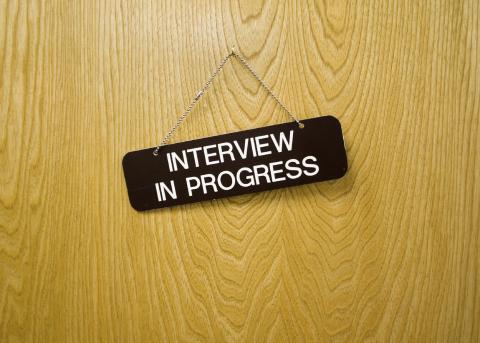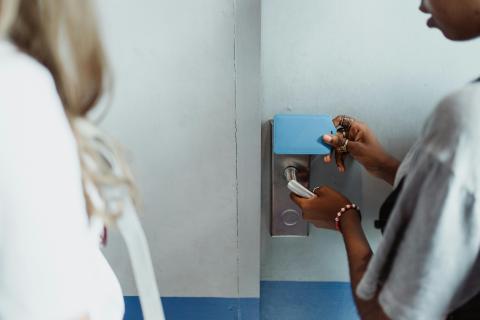So You Got an Interview? Part II
Jul 01,2015
I thought that since my last blog post was about how to prepare for a job interview, I should write a follow up post about what to do and what not to do during an interview.
1. Top Interview Questions Asked and How to Answer Them. As I stated in my previous article, it is important to think about the questions that could be asked in an interview. These can be comprised of questions about yourself, the company, and the position you are interviewing for. It is important to think about how to answer these questions. As far as the questions about yourself go, answer them honestly, but do not go into too much detail. Do not give out too much personal information; keep it down to what your major is/was, what university you attend(ed), and maybe some hobbies (if they correlate to the job or company). As far as the other questions go, do a lot of research. Find out the mission statement of the company and what the job description is for the position you are applying for. Be sure to use some examples of your previous work experiences that will show the interviewer you know what you’re doing. Some general tips are to smile and maintain eye contact. Make sure the interviewer knows you are interested in the job. Also, do not use fillers such as “um”, “so”, “actually”, “like” and so on. These will make you seem unprofessional and nervous. It is okay to be nervous, but try not to show it too much. This might scare off the interviewer. The main tip I have is to be courteous and professional.
2. How to Present Yourself. This section is going to describe how you should dress and act in an interview. As far as your clothing choice goes, make sure you are not too fashionable or trendy (unless you are applying for a fashion position). Bright colors and prints can be distracting and can ultimately be a turnoff. How you conduct yourself can be a determining factor for the position. Some of the most common mistakes made in an interview are nonverbal. Nonverbal cues such as playing with or touching your hair, failing to make eye contact, bad posture, and crossing our arms over your chest can give out the vibe that you are uninterested in the job and would rather be somewhere else. Using too many hand gestures may be distracting for the interviewer and may make you seem TOO enthusiastic. Having a weak or too powerful handshake can also hinder you.
3. Common Mistakes Made During an Interview. We have already discussed appearing uninterested through nonverbal cues and dressing inappropriately. There are other mistakes that could happen. One thing not to do is to use your phone during the interview. This makes it seem like you have more important things to do than the interview you are in. Another thing not to do is to talk badly about your previous job. This doesn’t mean you should lie, but rather, be honest yet appreciative of the experiences you have had.
I hope these tips have helped you to prepare for your interview. Let me know if you have any other tips to add to the list or if these helped you in some way!






